Click link to Eden's BWL Webpage
Giving birth to more
than one baby at a time is known as a higher-order birth and the more babies
there are, the greater the rarity.
The Dionne
quintuplets, Émile,
Yvonne, Cécile,
Marie and Annette, were indeed such a rarity. Born prematurely on May 28, 1934
near Callander, Ontario, all originated from one fertilized egg; “the
quintuplets arising through the repeated twinning of the early single embryo”,
according to Britannica.com. That means Elzire Dionne was actually carrying three
sets of identical twins until Cecile’s twin was miscarried during the third month
of pregnancy. The average estimate of spontaneous conception of quintuplets is
extremely rare; the average estimate is one in over sixty million births says
verywellfamily.com.
Twins are actually
the most common multiple birth, and in Back in the Valley, Kane and Jessica Davidson
welcomed identical twin boys, Jack and Tommy, during a late March blizzard:
Kane couldn’t
speak for a moment and Bea understood, carrying the conversation until he
eventually found his voice.
“You have every
reason to be proud, and I’ll bet you’ve bought out the entire supply of baby
boy cigars at the gift shop too.”
“Not yet,” he said
as he wiped tears away with the back of his free hand, “but I’m about to. Oh
Mum, I just can’t describe how it felt to hold my boys for the first time. It
was the best day of my life.”
Fraternal (dizygotic)
twins are more common than identical (monozygotic) twins. Fraternals can happen
more than once in a family if the mother is prone to hyper ovulation (releasing
more than one egg at a time), but more than one set of identical twins can also
be born into the same family, although the chance of that happening are about
12,500 to one.
Nevertheless, the
odds were in the Davidson’s favour in Back in the Valley:
“Did you say baby?
Not baby, Kane, babies. We’re having twins again.”
“What!” Kane held
Jessica at arm’s length so he could see her face. “You’ve got to be kidding me!
Are you sure about that?”
“In addition to the
exam the doctor did a blood and a urine test and both had elevated hCG. When I
was pregnant for the baby we lost, my hCG levels were up, but with the twins it
was really high – and now it’s really high again. Dr. Lafferty said there’s a
very good possibility that this will be a multiples pregnancy too. Twins, maybe
triplets.”
“Triplets! Come
on, Jessica. No way. Triplets! We’re fertile, babe, but not that fertile.”
So who is most
likely to have identical twins? As set out in verywellfamily.com: “Contrary to
popular belief, the chances of having monozygotic twins are most often not related
to your family history. If there is more than one set of identical twins in a
family, it is probably due to luck or external environmental factors. Some
genetic mutations have been identified that increase the chance of monozygotic
twins, but these are very rare.
“However,
dizygotic twins do run in families. This is mainly thought to be due to genes
that increase the number of eggs released.
“Interestingly, in
vitro fertilization (IVF) appears to increase the likelihood of having
monozygotic twins.”
Markers that could
influence fraternal twin (and sometimes triplet) conception include the mother being
taller than average; having a higher BMI (body mass index of 30 or more); being
thirty years of age or older (more likely to hyper ovulate as you grow older),
or family history. Race is also a factor.
“African-American
women are more likely to have twins than any other race. Asian and Native
Americans have the lowest twinning rates. Caucasian women, especially those
over the age of 35, have the highest rate of higher-order multiple births
(triplets or more).” (Beaumont.org/conditions/multiple-birth-about)
Igbo-Ora, a
community in Southwestern Nigeria, is known as the twins capital of the world.
(reuters.com) There, the incidence of twins is in fact the highest in the
world, and diet could be a factor says Jean Carper, author of The Food Pharmacy,
Dramatic New Evidence That Food Is Your Best Medicine, and a former senior
medical correspondent for CNN in Washington:
“Some authorities,
including Dr. Percy Nylander, a professor at the University of Ibadan in
Nigeria, suspect that going heavy on yams could promote the birth of twins.
That’s because the Nigerian Yoruba tribe he has studied has by far the highest
rate of double births in the world – twice that anywhere else. And the Yorubas
who eat prodigious amounts of yams, a staple of the tribal diet, have an even
higher rate. The theory goes this way: yams are rich in hormone-like substances
that trigger the release of other hormones, including one called
follicle-stimulating hormone (FSH). This FSH, found in extremely high levels in
Yoruba mothers of twins, is thought to stimulate the ovaries to release more
than one ovum, setting the stage for double conception. Dr. Nylander also notes
that the wealthier Yoruba people who have given up the tribal yam-dominated
diet for Western fare have fewer twins.”
Another commonly
held theory in Igbo-Ora that accounts for the high rate of twins there, is the
consumption of the okra leaf popularly used to make stew “that should be eaten
immediately and never stored.” (reuters.com)
Oyenike Bamimore
of Igbo-Ora believes she’s living proof that the okra leaf results in the
conception of twins. “Because I eat okra leaves a lot, I gave birth to eight
sets of twins,” she said. (reuters.com)
However it’s
unlikely that okra or yams were the principal diet eaten by the queen of
multiple births, and not just twins. We have to step back to the 1700’s to meet
the peasant woman who lived in Shuya, Russia. Her name was not recorded, other
than she was the first wife of a Mr. Feodor Vassilyev. As set out in www.guinnessworldrecords.com/,
Mrs. Vassilyev, through twenty-seven pregnancies, gave birth to sixteen pairs
of twins, seven sets of triplets and four sets of quads for a grand total of
sixty-nine children. Village records also indicate that when Mr. Vassilyev married
for a second time he fathered eighteen more children. No mention was made of
additional multiple births.

















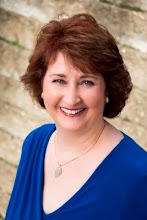










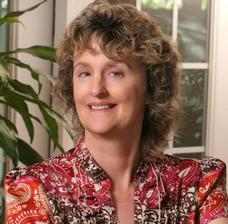

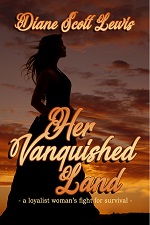
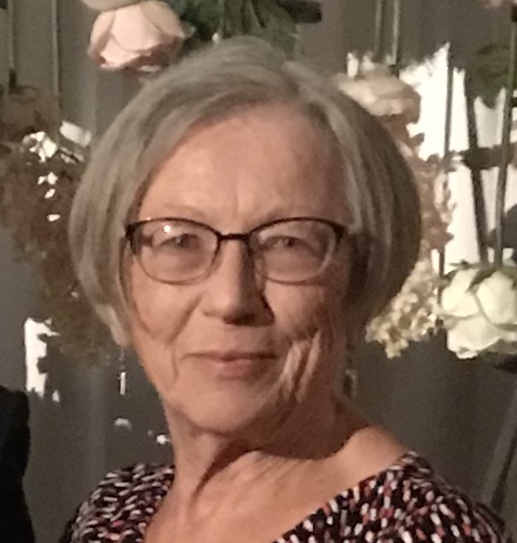
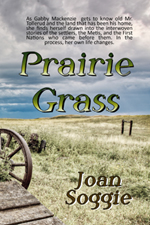







.jpg)


.jpg)

.jpg)
.jpg)












.jpg)
